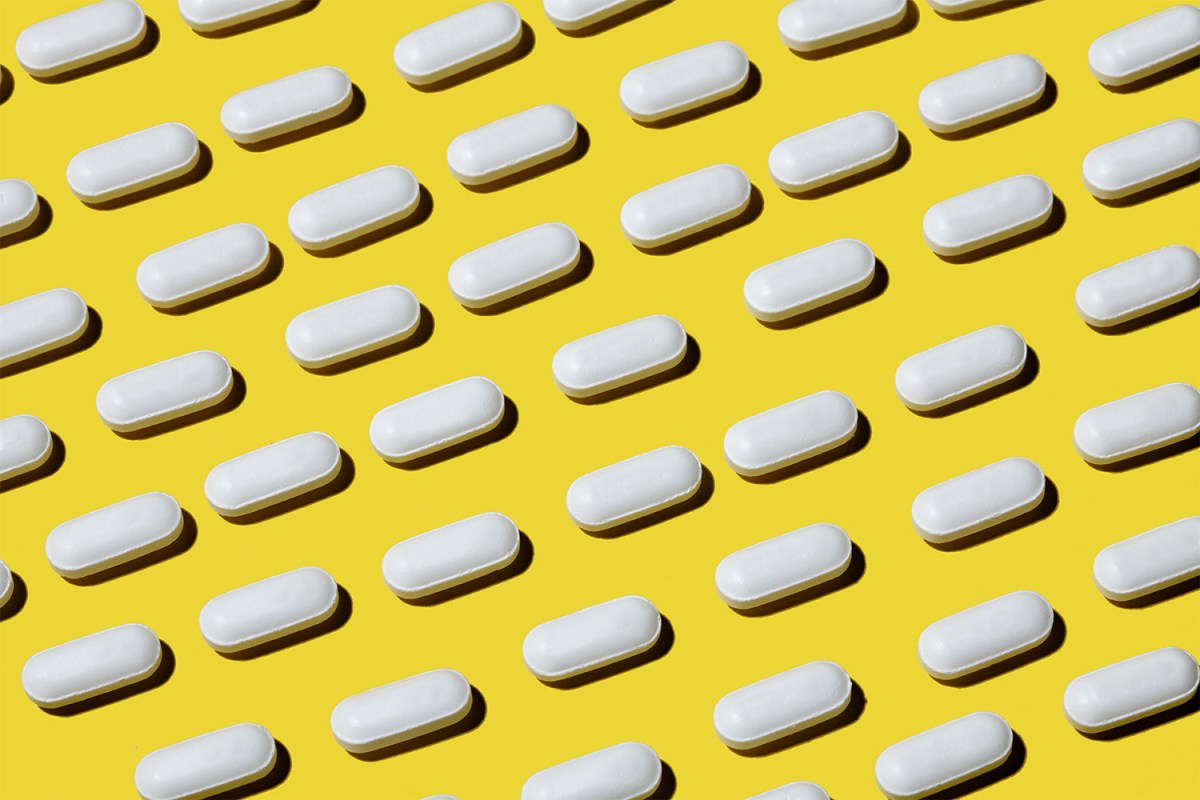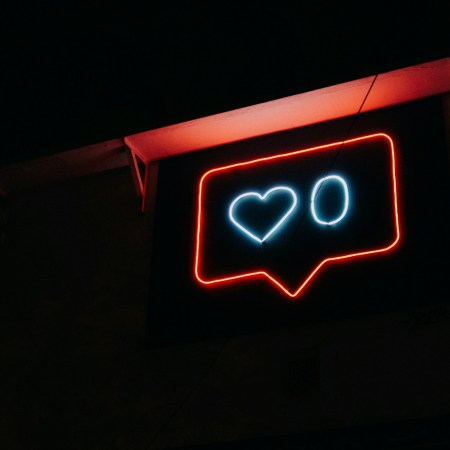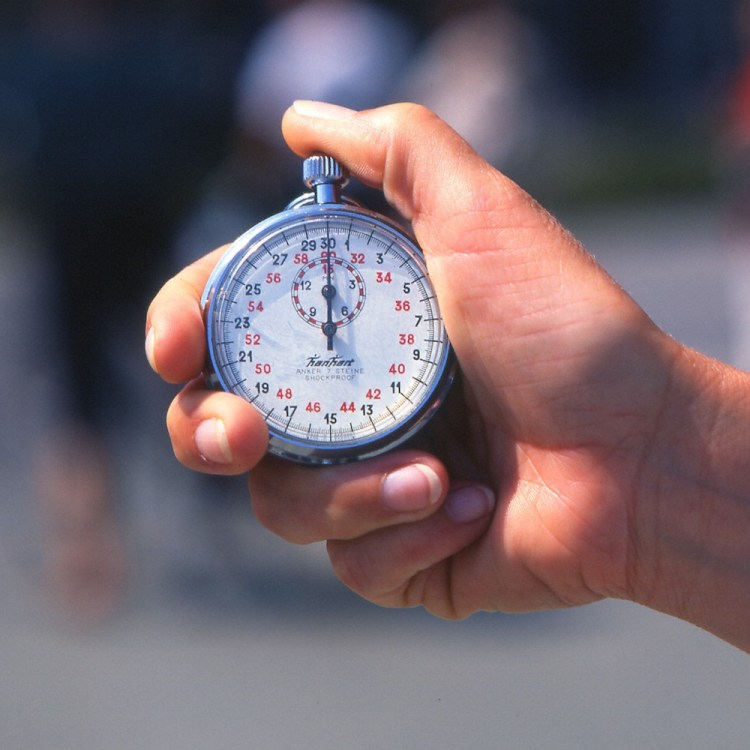Mental health apps like Cerebral have exploded in popularity during the pandemic, promising users access to high-quality mental health care. Log onto TikTok and you’ll see ads with young people celebrating the ease of getting prescriptions through Cerebral, with celebrities like Simone Biles backing the company. In an era of mental-health-focused language coming to the forefront of our workplaces, our schools and our online lives, it was only natural that an app would be made available to make the barrier to entry for mental health treatments lower.
But app-based medical care might be doing more harm than good. In a new report from Bloomberg, former users and employees of the Cerebral app are saying that the app could be fueling an addiction crisis.
One former Cerebral “patient” found out that the nurse she thought she was speaking to was actually a pseudonym being used by multiple employees. A former manager said that the counselors and providers on the platform felt like “Uber drivers” because of how much work they were taking on with little pay. One former provider said she had over 1,000 patients on her caseload. Other former nurses that worked with the company expressed fear that because of the lack of oversight in prescriptions, they were inadvertently fueling an addiction crisis through over-prescribing ADHD medications.
Bloomberg found that some former employees were unwilling to speak with them for fear of retribution from the company, but that many expressed hope in telehealth mental health care in general to close the gap in healthcare in the U.S. One former nurse said that “There was such a disconnect between the people on the ground and what the higher-ups were doing. They were making decisions that weren’t in the best interests of the people making the money for them.”
Valued at over 4.8 billion dollars, the app has been rapidly expanding since it was launched in January of 2020 and has nearly quadrupled in value between June and December of 2021. Through a spokesperson, Cerebral said that “given our commitment to quality and access to care, we strongly believe that we can serve almost all patients who suffer from mental health conditions. We have safety mechanisms in place that no brick-and-mortar clinic, much less other telehealth companies, have in place.”
ADHD medications such as Adderall and Vyvanse are commonly used as both a work and party drug by university students, and the laissez faire way Cerebral has approached prescribing drugs, sometimes with patients receiving prescriptions after less than half an hour on the phone with a practitioner, has made the app an easy way to access the drugs. The order to prescribe patients medication might be coming from the top of their food chain: Chief Medical Officer David Mou has said “95% of people who see a Cerebral nurse should get a prescription.”
Through a spokesperson, Cerebral has said that over half of current patients have a prescription.
The Charge will help you move better, think clearer and stay in the game longer. Subscribe to our wellness newsletter today.



















